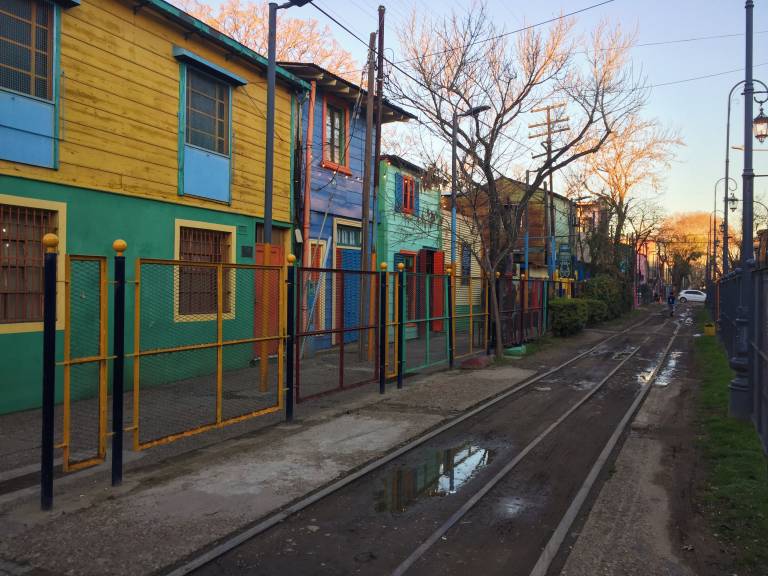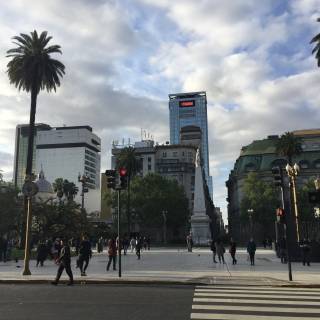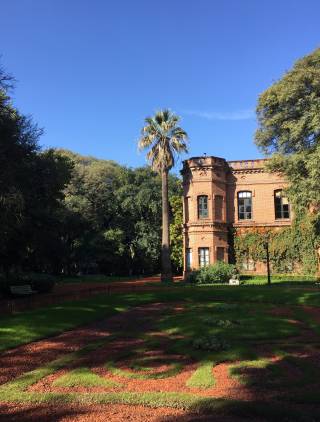'The Paris of South America': Buenos Aires
13 February 2020
Céline tells us about her experience in Buenos Aires.

It has now been almost three months since I first arrived in Buenos Aires for my year abroad, and despite a still imperfect use of the local castellano, and regular frustration at my inability to understand the bus system, I am now comfortable in calling this wonderful bustling city home.

Settling into the ‘Paris of South America’ (as an actual Parisian, I might add), has brought many surprises and interesting challenges, even though the cultural and architectural features brought by the massive immigration wave at the end of the 19th century makes the city feel incredibly European. I have found myself celebrating my ability to do small, mundane things: charging my sim card, getting cash out, and even managing to turn on my stove are small daily reminders that behind the architectural splendor of Recoleta and the incredible lushness of the Palermo parks, Argentina is indeed a developing country. The primary to the presidential elections that happened this august, and sent the Argentinian peso’s value into an incredible devaluation and household products into inflation were another clear and shocking reminder that, indeed, Argentina’s economical and political situation is not as stable as the Argentinians’ sunny personalities may indicate.

Indeed, the difficulty to take cash out in Buenos Aires, in particular if you have a foreign credit card, is a clear sign that the country is not as stable as it seems. The question “Did your change office have cash?” and “How’s the peso?” have become great additions to my small-talk repertoire. Despite these economic challenges, however, Buenos Aires has been nothing but a welcoming city. The porteños are often very happy to help, excited to know where you are from, and pleased to hear that you can speak Spanish. I have been invited to share mate, the local coffee replacement, panchos, or late night hotdogs, and even asados, weekend barbecues, by several strangers who were excited to show and share their culture. I have learned to love and enjoy this incredibly friendly and generous culture, and remind myself constantly of this great perk of living here every time I fail to find any non-savored yogurt in the supermarket, or have to wait thirty minutes just to have three buses of the same line arrive exactly at the same time.
To anybody preparing to move to a new city, I would recommend to hold on to these nice perks, whatever they may be, and remember them for more frustrating times. I would also encourage you to try to learn the language as much as possible before leaving, as it will make it much easier to befriend and share experiences with people in your new country, but also not to hesitate to try to communicate with people even if your language skills are not quite what you would hope. Finally, do prepare yourself and read up a little bit before leaving, and look up how the transport systems, banking and phone companies work etcetera but also leave some things unknown and let yourself be (hopefully pleasantly) surprised when you arrive!
 Close
Close

